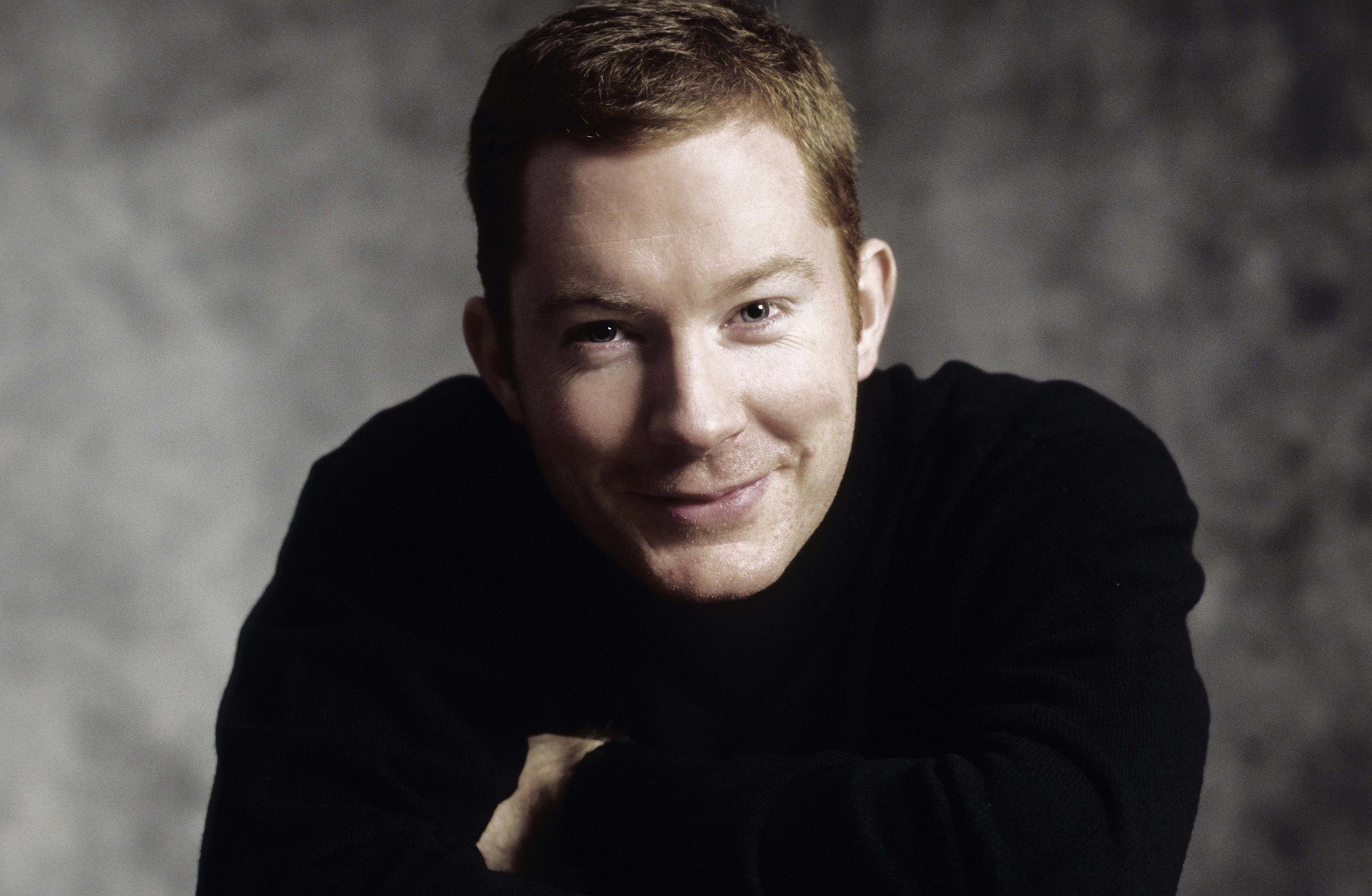Robin Tritschler / Graham Johnson, Wigmore Hall, review: Tritschler breaks new ground
The recital was robbed of some of its effect by the fact that Graham Johnson, kept the lid of his powerful Steinway fully open

Your support helps us to tell the story
From reproductive rights to climate change to Big Tech, The Independent is on the ground when the story is developing. Whether it's investigating the financials of Elon Musk's pro-Trump PAC or producing our latest documentary, 'The A Word', which shines a light on the American women fighting for reproductive rights, we know how important it is to parse out the facts from the messaging.
At such a critical moment in US history, we need reporters on the ground. Your donation allows us to keep sending journalists to speak to both sides of the story.
The Independent is trusted by Americans across the entire political spectrum. And unlike many other quality news outlets, we choose not to lock Americans out of our reporting and analysis with paywalls. We believe quality journalism should be available to everyone, paid for by those who can afford it.
Your support makes all the difference.Robin Tritschler is making a name for himself not only as a tenor with an unusually pure sound, but also as an adventurous programmer: his new CD No Exceptions No Exemptions is a fascinating collection of songs by poets and composers who fought for their country – France, Russia, and Germany as well as Britain – in the First World War.
One of those songs, by Benjamin Dale, was included in his Wigmore recital, but the rest of this programme broke new ground. After Schumann’s seldom-performed Kerner Lieder, he gave us a medley of songs by early twentieth-century composers which he grouped under the title ‘Songs from the (Bard’s) Shows’ – settings of the songs which stud Shakespeare’s plays.
The recital was robbed of some of its effect by the fact that Graham Johnson, normally the most sensitive of accompanists, kept the lid of his powerful Steinway fully open, thus drowning Tritschler’s more subtle effects. And not even this singer’s artistry could disguise the fact that the Schumann cycle is second-rate stuff.
Not all the Bard songs worked – those by Tippett were toe-curlingly arch – but those by Gurney, Finzi, Quilter and Korngold were lovely discoveries, as was Tritschler’s encore by Schumann – another Shakespearean setting.
Join our commenting forum
Join thought-provoking conversations, follow other Independent readers and see their replies
Comments